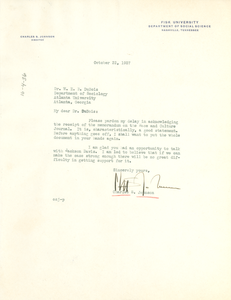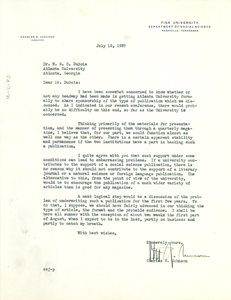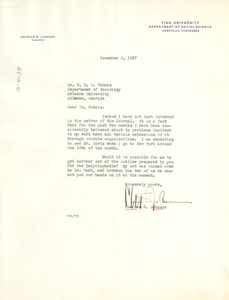El hip-hop cubano: An Agent of Social and Political Change in Cuba?
View
@ University of Mississippi Libraries
Jackson, Margaree
Description
Cuba experienced two distinct periods during which Afro-Cubans encountered various constraints and opportunities. During the Revolutionary Period, the Cuban government outlawed all forms of discrimination and created many opportunities for Afro-Cubans to participate in society. However, these new opportunities came with the price of outlawing discussion of racial discrimination and political and social organization along racial lines. Afro-Cubans who still experienced racial inequality faced the threat of political imprisonment if they spoke out against discrimination. In contrast, during the Special Period, Cuban experienced a devastating economic collapse in 1991. Government policies created in response to the collapse removed many of the opportunities for equality that the Cuban Revolution created, and as a result, many Afro Cubans faced greater levels of inequality. Due to new policies allowing for greater artistic expression, Afro-Cubans, inspired by the American genre hip-hop, created a Cuban hip-hop genre of their own. Cuban rappers used hip-hop to form a movement known as The Cuban Hip-Hop Movement to speak about racial inequality, poverty, and socioeconomic issues and to bring racial discrimination to the political discussion. This thesis presents the contrast between the Revolutionary Period and the Special Period and the opportunity or lack thereof to influence political discourse and policies regarding racial inequality.
Text
Application/Pdf
2019 12 01 T08:00:00 Z


















